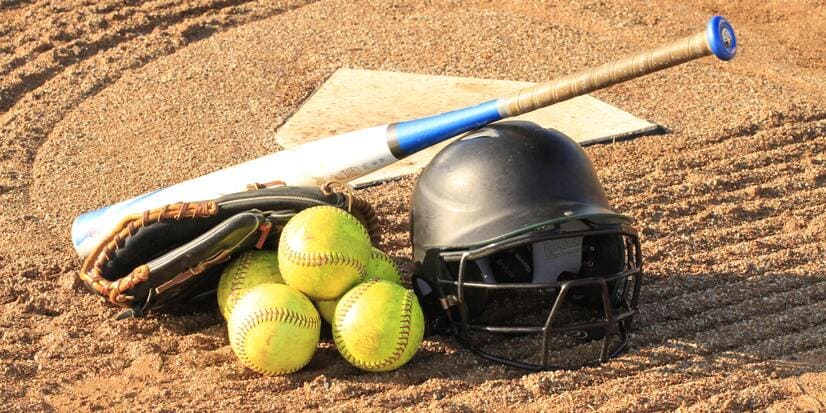Okay, so I was trying to up my Spanish game the other day, and I realized I didn’t know how to say “baseball bat” in Spanish. You know, simple everyday stuff, but it still got me. So I embarked on a little linguistic adventure to find out.
Digging for the Answer
First, I tried to sound it out. I figured “baseball” might be similar, so I mumbled “bays-bol bat.” It sounded ridiculous, but hey, it was a start. Then, I remembered a while back when I learned “gorra” means a cap, like a baseball cap, but I also saw “gorro” for cap or hat. Confusing, right?

Then I hit up a bunch of online dictionaries and translation sites. I found that “baseball” translates to “béisbol,” which makes sense. But here’s where it got interesting. The word for “bat” is where things diversified.
- The most common translation I found was “bate de béisbol.” That seemed straightforward enough.
- Some places just said “bate,” which I guess works if the context is clear.
- I even saw “bat de béisbol,” which felt like a mix of English and Spanish to me.
Putting It to the Test
After gathering all this, I wanted to see how native speakers actually use these terms. I checked out some Spanish-language sports websites and forums. “Bate de béisbol” seemed to be the go-to phrase. In casual conversations, “bate” was used a lot too, but usually when it was obvious they were talking about baseball.
Slang and Other Tidbits
I also stumbled upon some slang terms. Apparently, “lumber” is a cool way to say “bat” in English, especially if the batter is good. But I couldn’t find a direct Spanish equivalent for that. It seems like slang doesn’t always translate directly.
Oh, and I learned about “bat drop,” which is the bat’s weight in ounces minus its length in inches. Again, no specific Spanish term for that. It’s just something they describe in a longer way.
Wrapping Up
So, after all this, I feel pretty confident saying “baseball bat” in Spanish now. If I want to be super clear, I’ll go with “bate de béisbol.” In a casual setting where baseball is the topic, “bate” should be fine. It was a fun little deep dive into language, and it reminded me that there’s always something new to learn, even in everyday phrases.

























